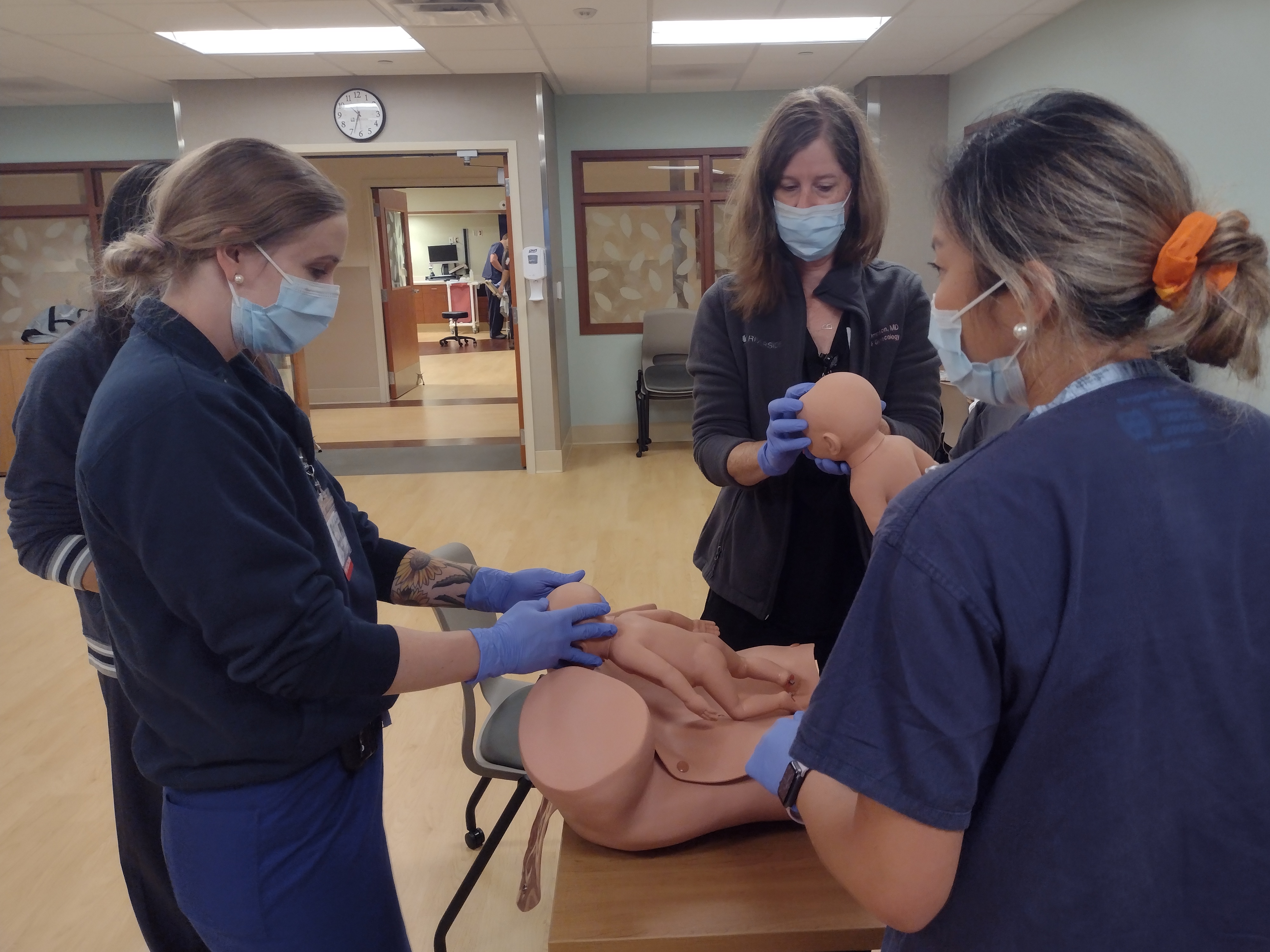For help in finding a physician, making appointments and general information call Riverside Nurse.
1-800-675-6368For help in finding a physician, making appointments and general information call Riverside Nurse.
1-800-675-6368Our program is a community-based OB/GYN residency in Newport News, Virginia that serves a large, diverse and medically underserved patient population.

The Simulation Lab encompasses 4 dedicated clinical areas including a Medical/Surgical/Intensive Care Ward, Labor & Delivery Room, Emergency Medicine/Trauma Bay, and a Procedural Skills Suite. The Lab utilizes various simulation modalities and an integrated Audio-Visual learning management system with debriefing capabilities to provide a robust and relevant educational experience.

The area offers a variety of local attractions, including Virginia’s Historic Triangle (Williamsburg, Jamestown, Yorktown), the Virginia Beach oceanfront and the Shenandoah Valley, all within driving distance. You can experience all four seasons, the mountains and the ocean during your time with us. Local public schools are some of the best in Virginia, and the area is family-friendly, with attractions like Busch Gardens and Water Country USA close by.
Learn MoreOur team is here to help you through all aspects of the process. Contact our team to learn more about our PGY1 Community-based Pharmacy Residency programs and have your questions answered.